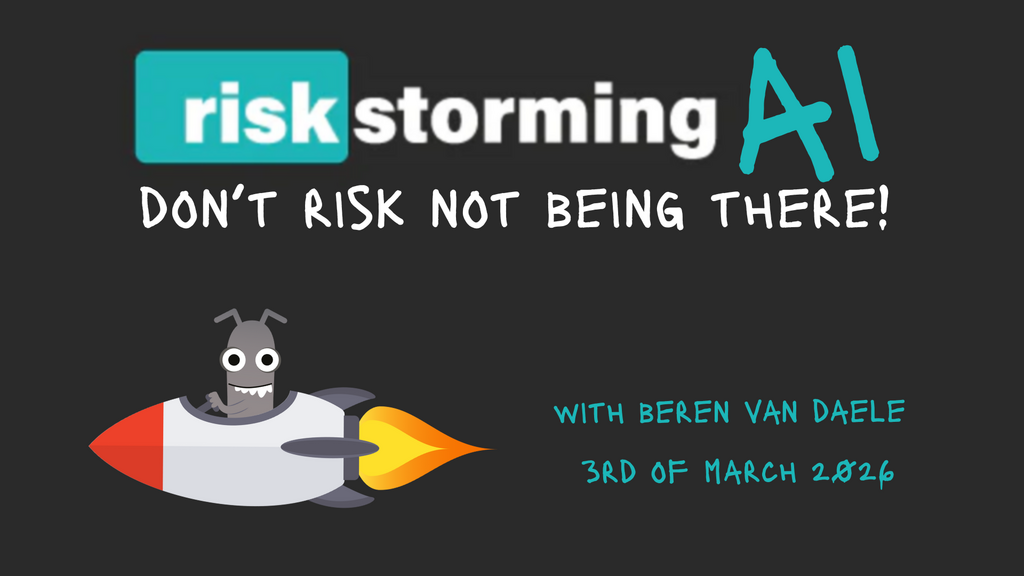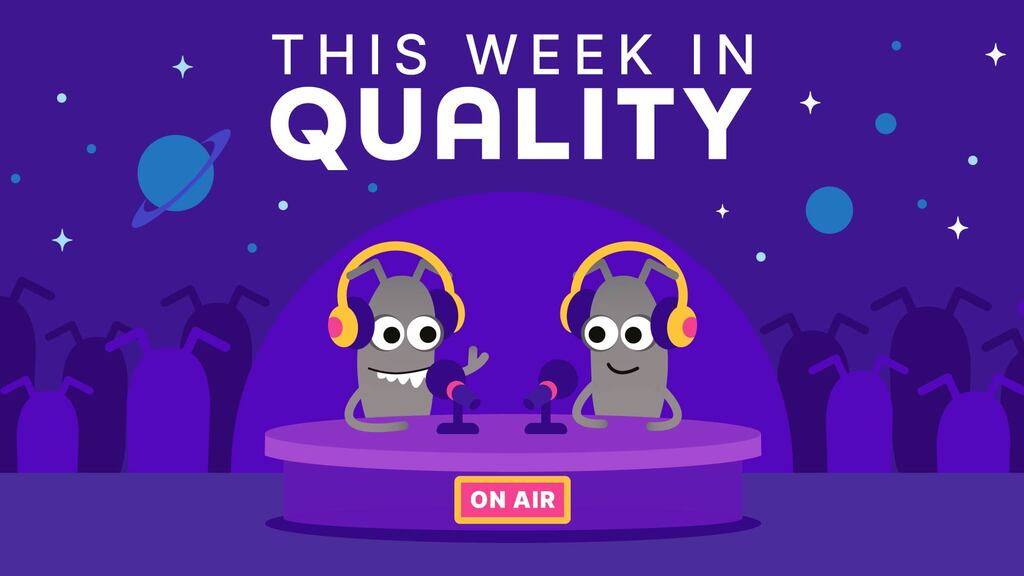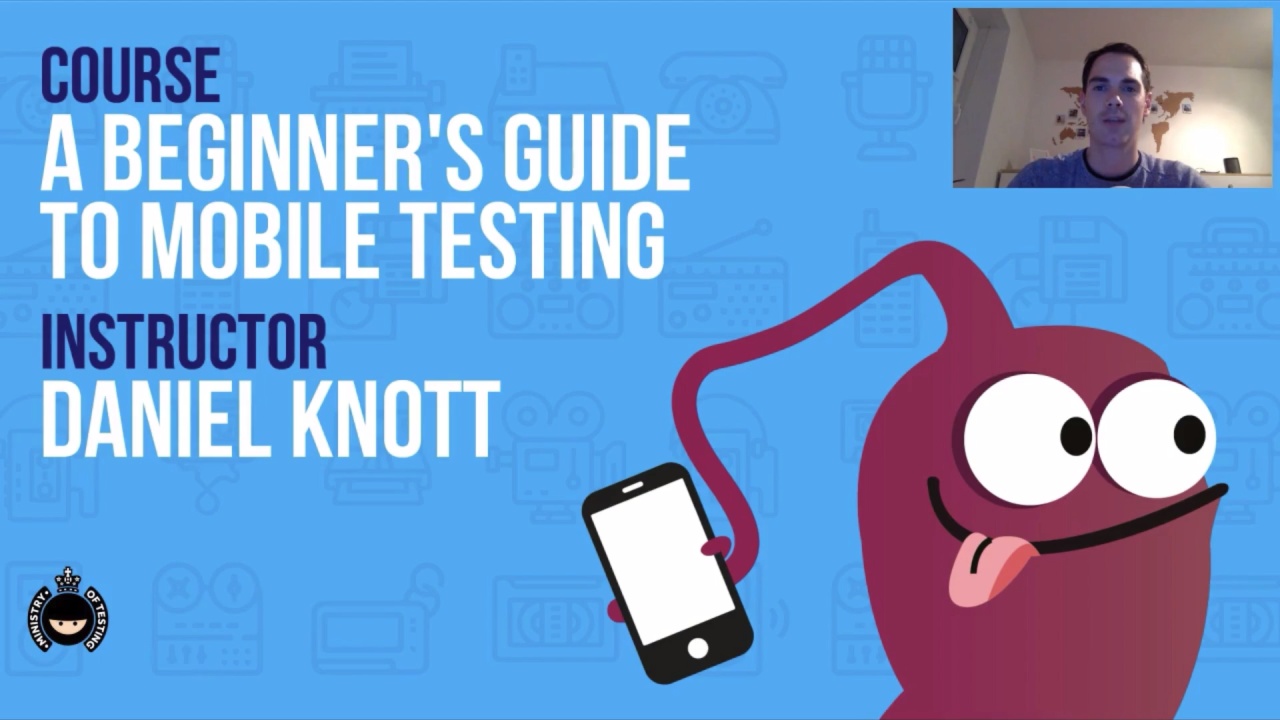Beginner's Guide To Mobile Testing
Begin your testing journey in mobile by learning the different aspects of testing mobile
-
-
- Beginner
- 9
- 9
288 already enrolled
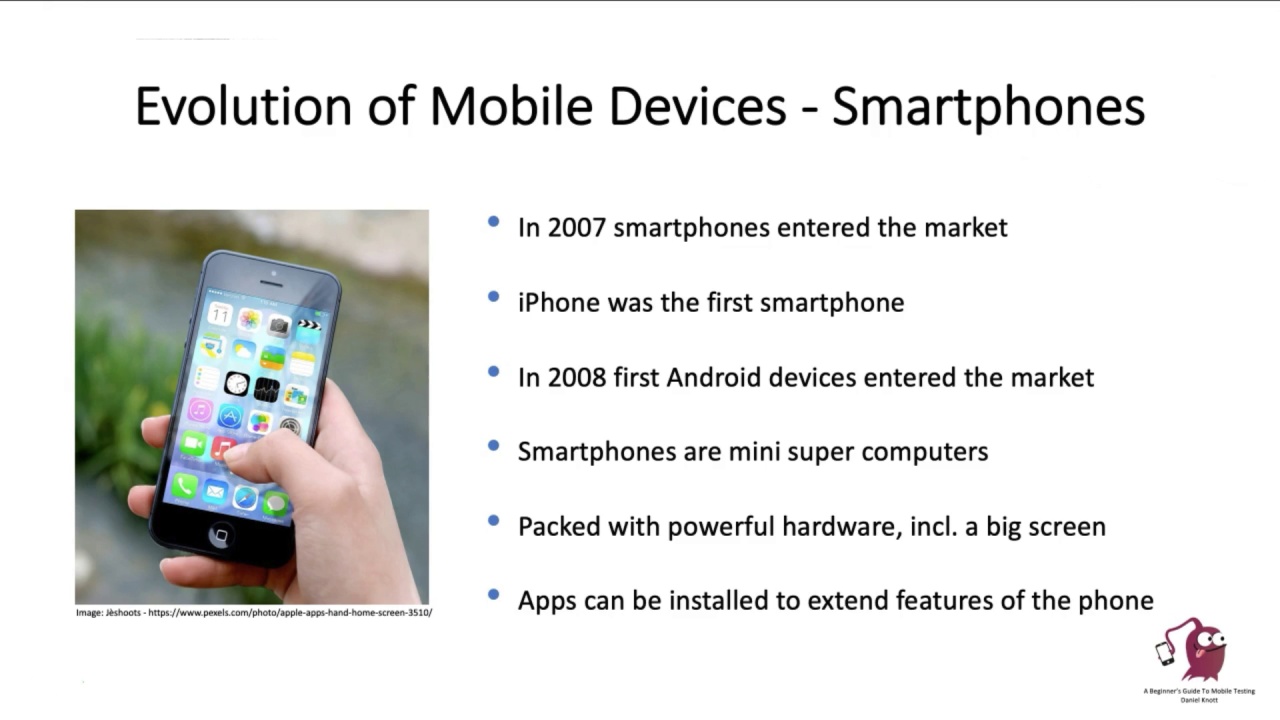
Revolution of Mobile Devices
- Recall about the history of mobile devices
- Explain what happens after 2007
- Describe the biggest mobile vendors on the market
- Know where to look for helpful device statistics
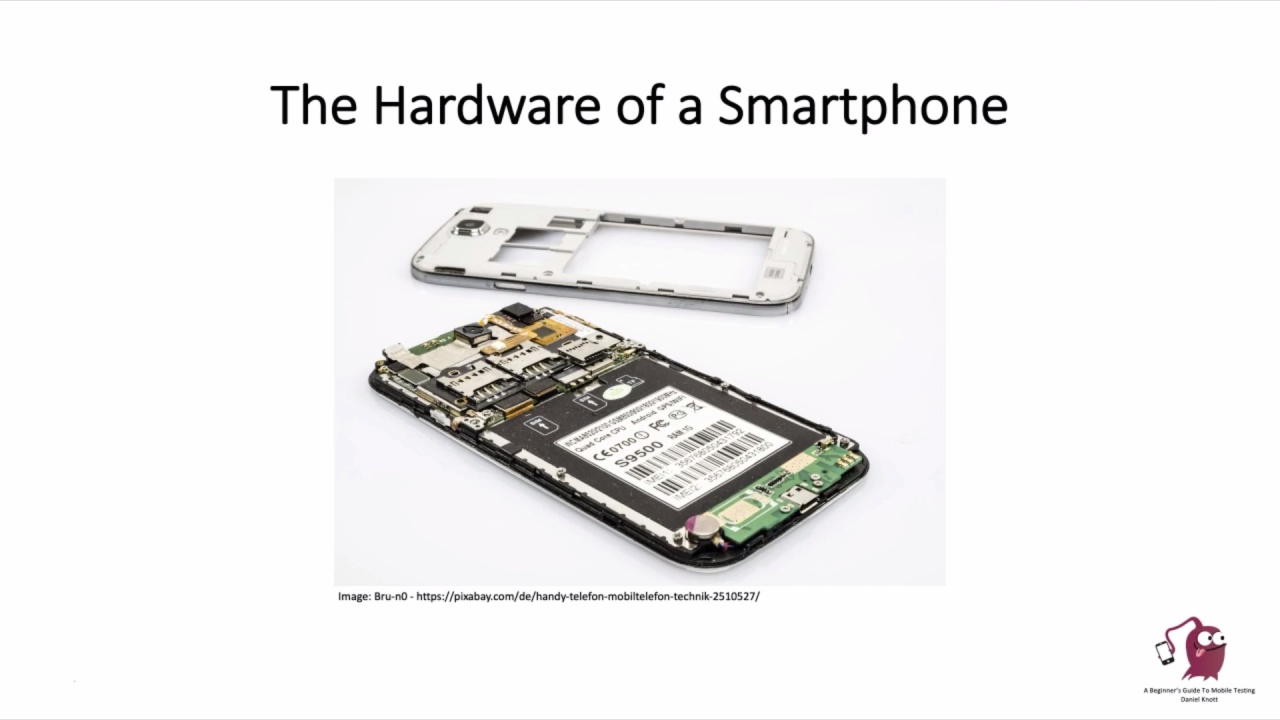
Hardware of Mobile Devices
- Describe the different parts of a mobile device
- Analyse the impact that hardware can have on mobile apps and your testing activities
- List many sensor, touchscreen, camera, local storage and battery test scenarios to implement at your workplace
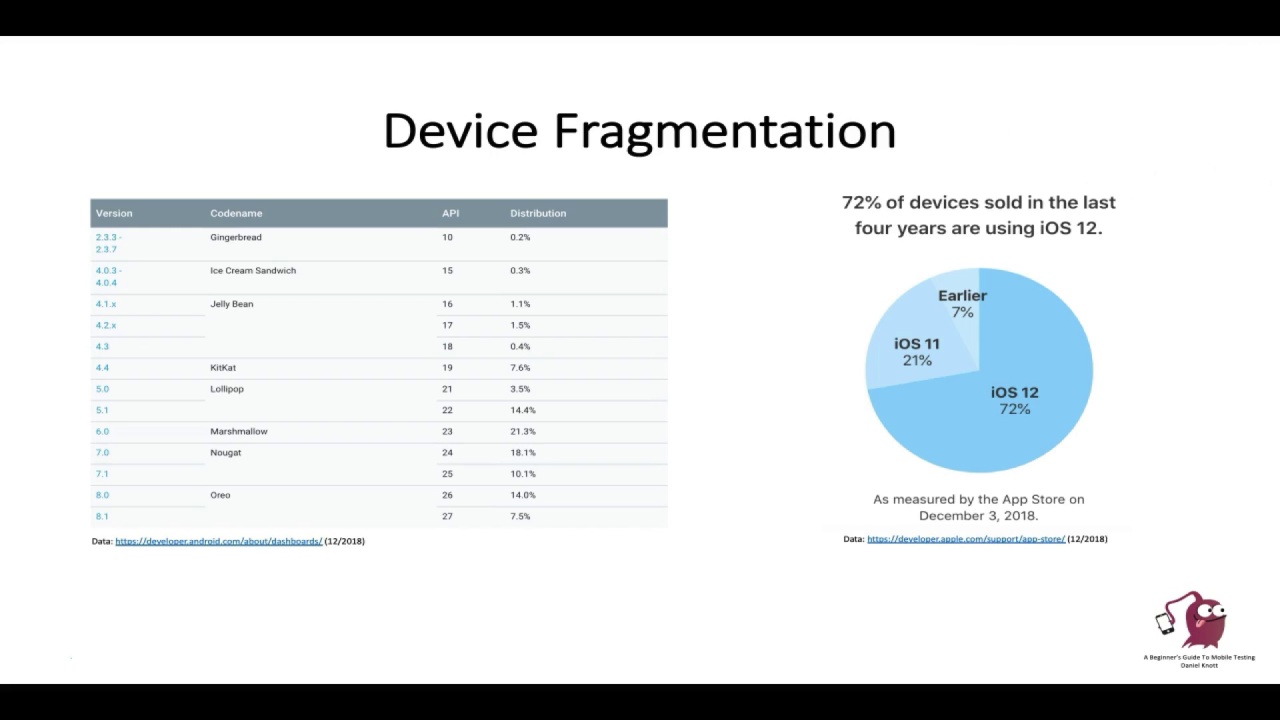
Device Fragmentation
- Discuss the challenge of mobile device fragmentation
- Identify where to get useful data about the latest operating system distributions
- Recall methods to handle device fragmentation
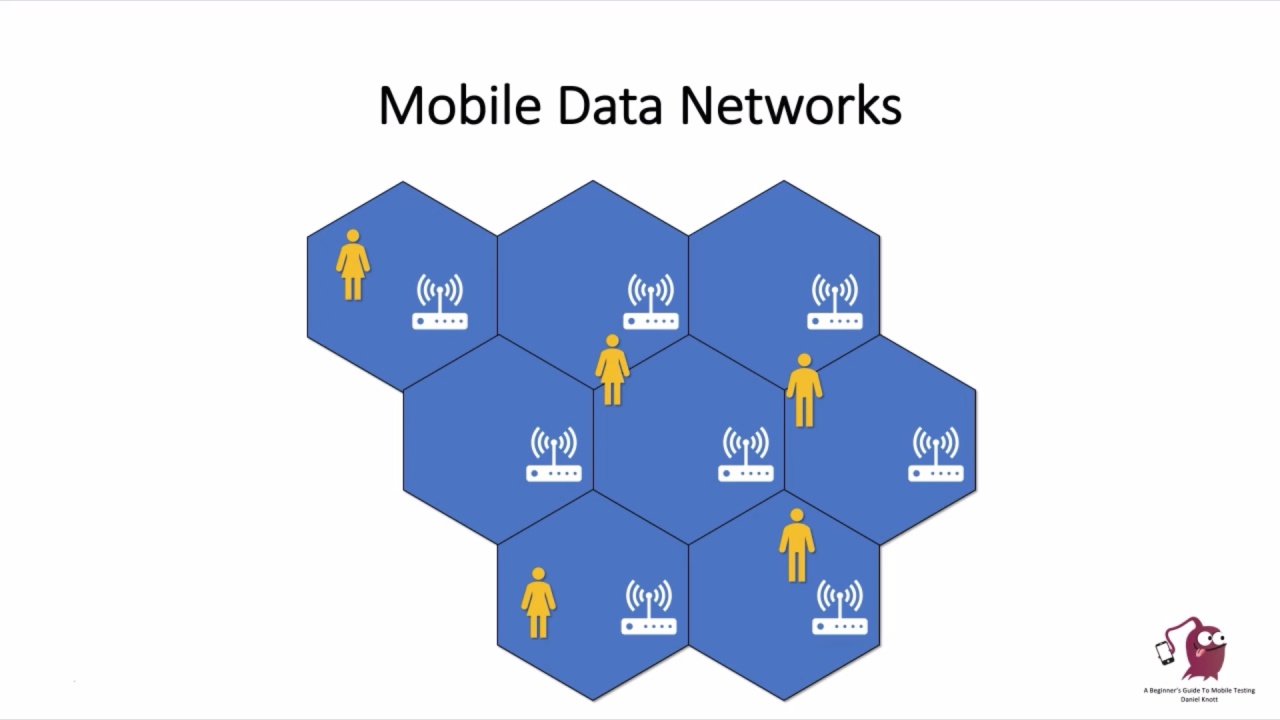
Mobile Data Networks
- List the different mobile data networks that are available on the market
- Explain the differences between the mobile data networks
- Recall the history of mobile data networks
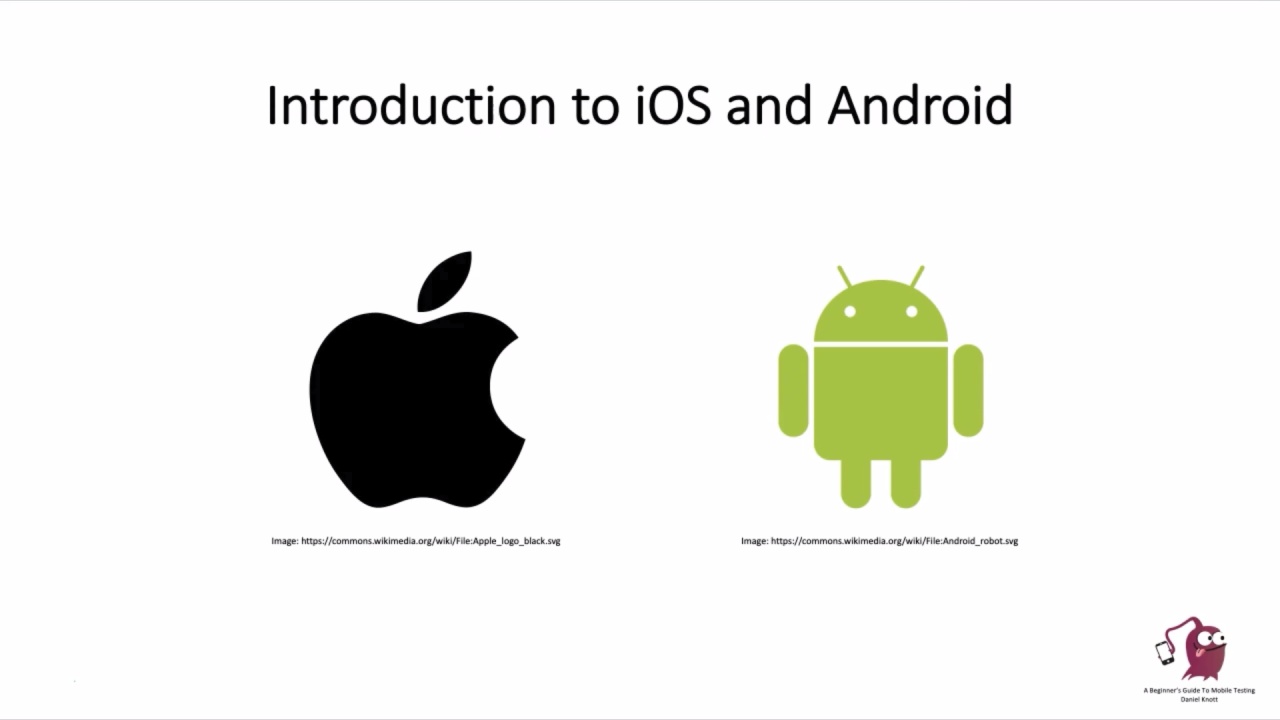
Introduction to iOS and Android
- Identify the market shares for both operating systems
- Compare differences and commonalities between iOS and Android
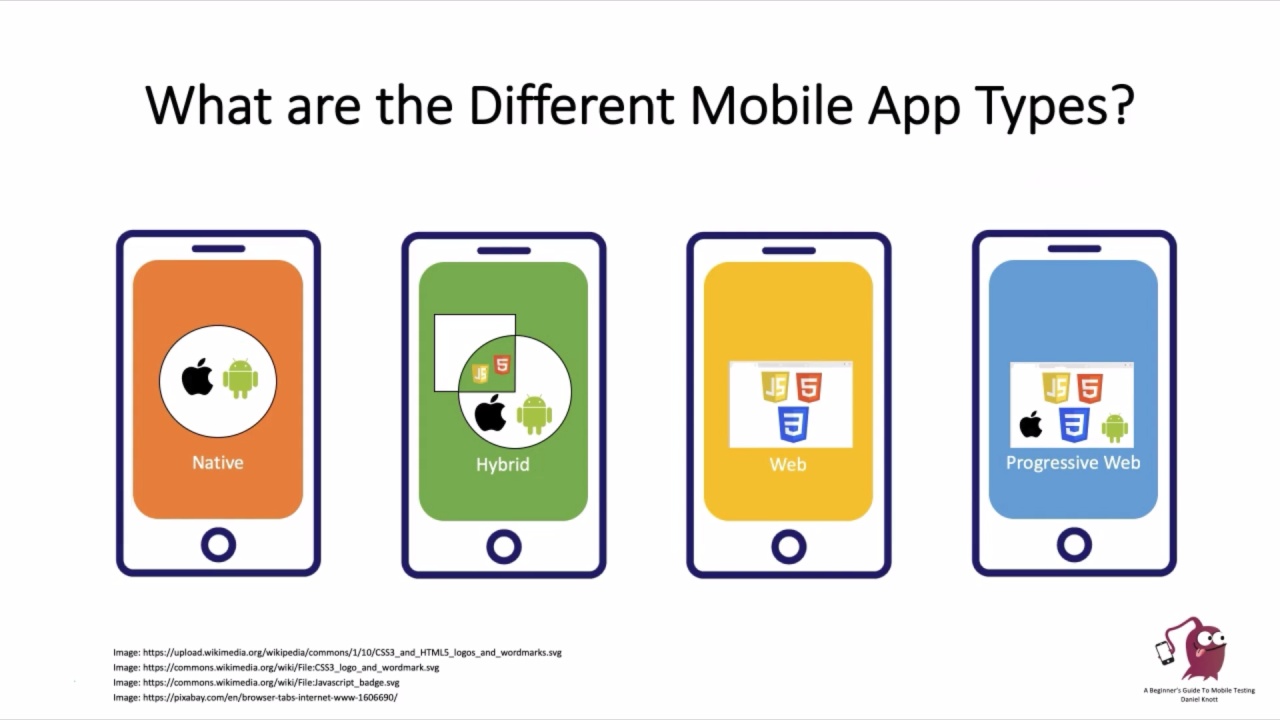
Mobile App Types
- Explain the differences between the different app types
- Compare the pros and cons of each app type
- Identify different app types and make use of this knowledge
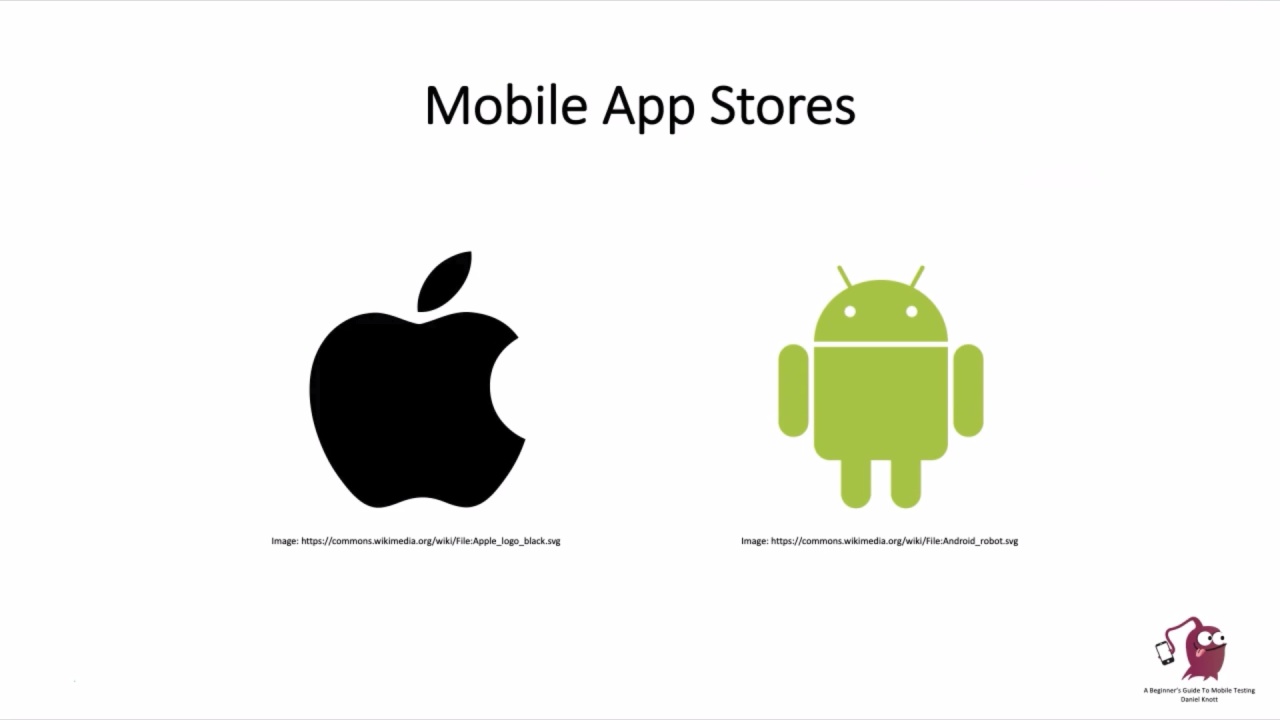
Mobile App Stores
- Describe the purpose of an app store
- List the pros and cons of an app store
- Name the two major app stores on the market
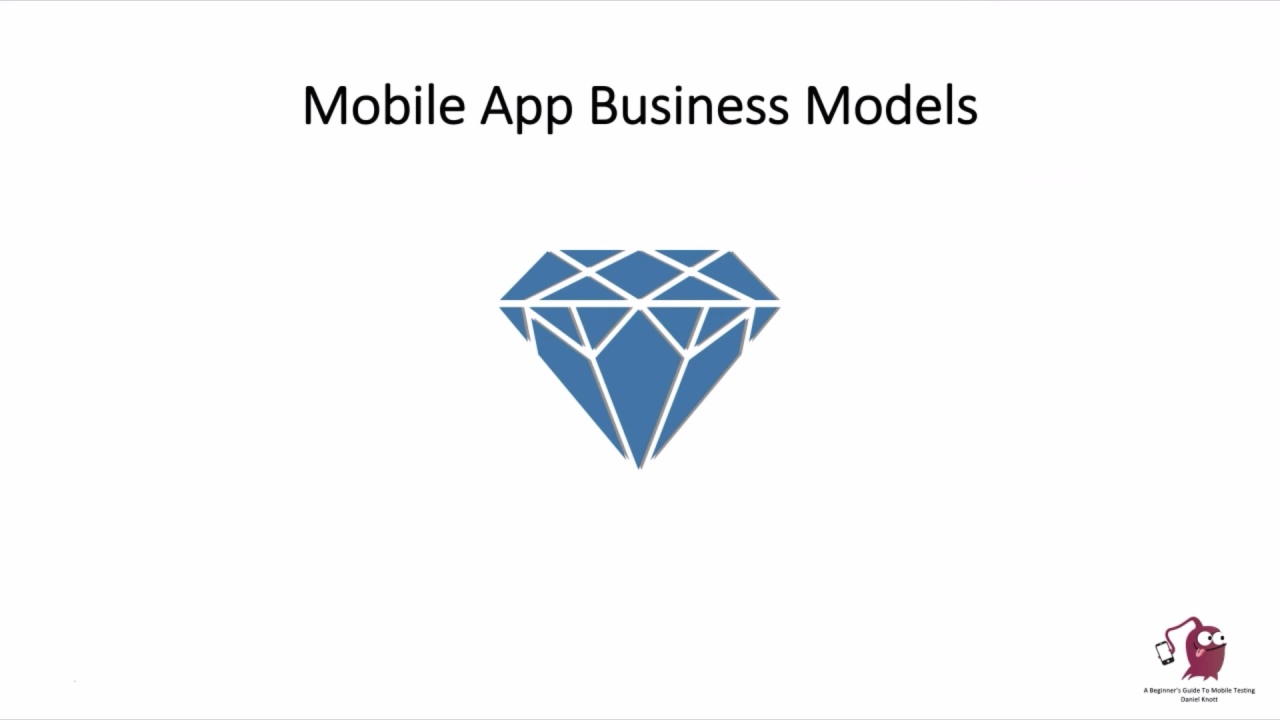
Mobile App Business Models
- Describe the different mobile app business models
- Describe the pros and cons of the top two mobile app business models
- Plan your mobile testing activities based on your mobile business model knowledge
Welcome to the Beginners Guide to Mobile Testing! This 9-part course will take you through the fundamentals of testing mobile applications and help you kick start your mobile testing activities.
The course will cover:
- The different mobile data networks including the pros and cons.
- The technical specifications of mobile devices including the architecture as well as the built-in sensors which are used by millions of mobile apps.
- The different mobile app types and how they can affect your testing activities.
- The different business models behind apps to aid you in defining a solid mobile testing strategy.
- The different mobile app stores focusing on Apple and Google.
Beginners Guide to Mobile Testing is approximately 1 hour 30 minutes long and packed with around 3 hours worth of mobile testing tasks for you to try out as well as extra resources to support you.
Resources you'll use throughout this course:
There are lots of open resources suggested in the individual Lesson Resources sections, as well as, links to The Club forum where you can share your progress and findings from the authentic mobile testing tasks recommended throughout this course.
In addition, you can take a look at Daniel's book “Hands-On Mobile App Testing” which can be used to support your learnings while taking this course.

